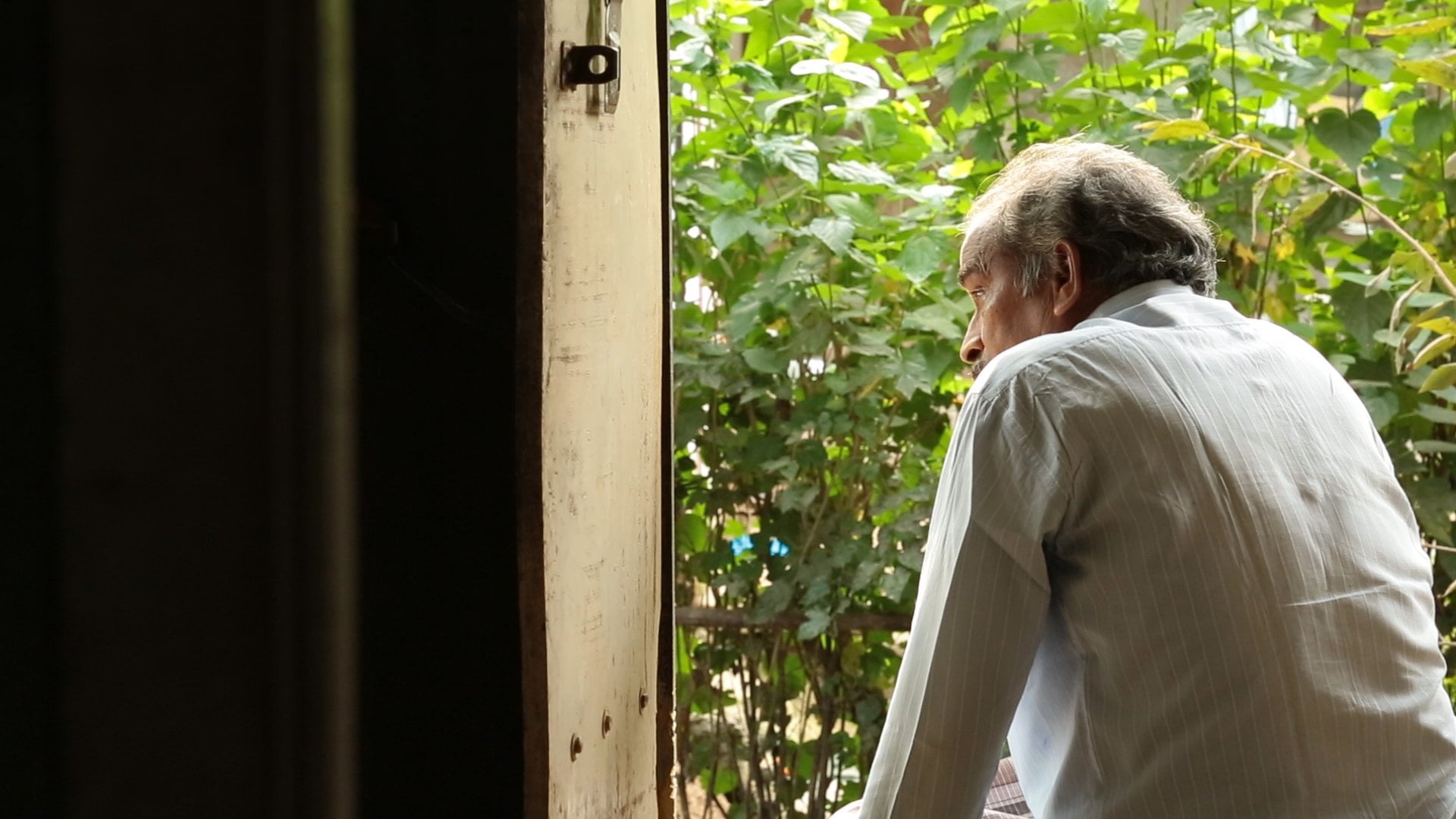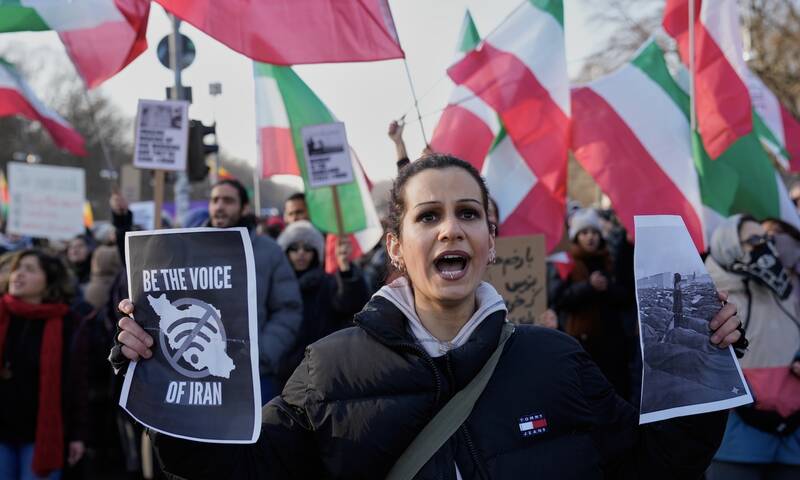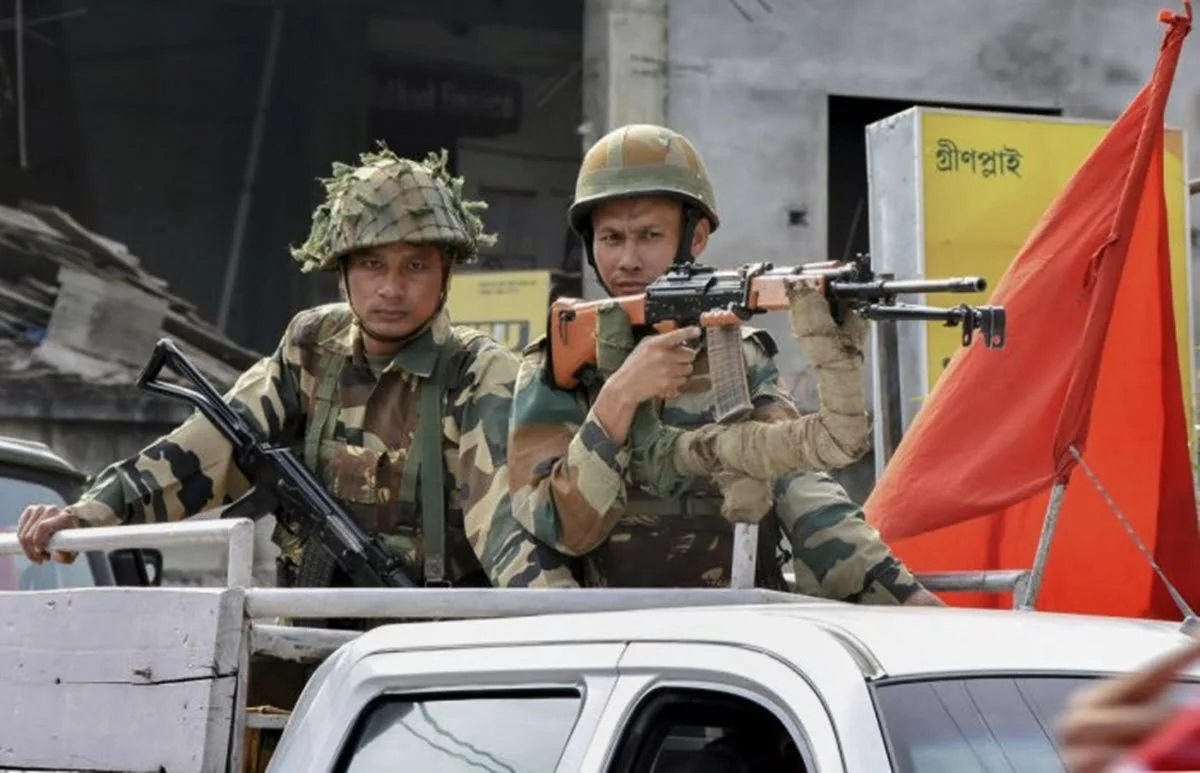“You are failing us… The eyes of all future generations are upon you, and if you choose to fail us, I say, we will never forgive you.”
When 16-year-old Swedish climate activist Greta Thunberg addressed world leaders at the UN Climate Action Summit 2019 in New York with these bold words of hers, it resonated with millions globally. Thunberg may be worried about climate change and how it threatens the very survival of life on Earth, but the underlying concern which is plaguing people worldwide and is also the subject of political uproar in general is this: People in positions of authority are failing us and it is affecting our physical and mental health.
From violations of fundamental human rights to war, starvation, homelessness, poverty, prejudice and discrimination, hate-crimes, violence, the environmental crisis which disproportionately affects the marginalised and underprivileged – the psyche of humanity is embroiled in a perpetual state of battle to fight for its safety and dignity against the backdrop of all-powerful governments competing for power.
The past year has seen Indians uniting against sexual assault, the National Register of Citizens (NRC) and the Citizenship Amendment Act (CAA), the Abrogation of Article 370 and the mistreatment of Kashmiri citizens, extended implementation of the Armed Forces (Special Powers) Act (AFSPA) in the North-East, internet shutdowns, police brutality and the stifling of the freedom of the Press.
However, politics does not stop at protests. It is also about people who are in power, the people who incite violence, and the State’s inability to control it. 2018 and 2019 saw continued cow lynchings and caste-based violence towards DBA individuals, Muslims, women, and other marginalized communities. Unarmed students of Jamia Milia Islamia and Aligarh Muslim University were victims of police and right-wing brutality. The death of Dr. Payal Tadvi by suicide, a gynaecologist from Mumbai, who was bullied by three “upper-caste” female doctors, sent shockwaves throughout the country.
In a country like India, where one in seven(197 million)are affected by mental disorders and the proportional contribution of mental disorders to the total disease burden has almost doubled from 1990 to 2017, this unremitting unrest – nationally in a country and externally across “enemy” borders – takes a toll on the physical and mental health of both civilians and soldiers.
The rape vulnerability for girls and women is almost twice today to what it was 17 years ago, according to data provided by the National Crime Records Bureau. Continued accounts of horrifying sexual assault throughout the country have made women fearful and angry not just at society’s nonchalance at teaching men not to assault women but also at the State’s inability to curb the growing problem. Indians are also increasingly worried about the depressive state of the Indian economy and the rising prices along with rising rates of unemployment. The agrarian crisis continues to claim the lives of farmers as agricultural output drops, as seen in the infographics below:
In a country like India, where one in seven (197 million) are affected by mental disorders and the proportional contribution of mental disorders to the total disease burden has almost doubled from 1990 to 2017, this unremitting unrest – nationally in a country and externally across “enemy” borders – takes a toll on the physical and mental health of both civilians and soldiers.
Areas with widespread military interference like Kashmir are testament to this statement where Kashmiri civilians where nearly one in five people show symptoms of PTSD, according to a 2015 study by Médecins Sans Frontières and the Srinagar-based Institute of Mental Health and Neurosciences, or IMHANS. The UN Human Rights Office has detailed hundreds of cases of extrajudicial killings, enforced disappearances, sexual violence, and other abuses that escape investigation or prosecution. There have been allegations of arbitrary arrests and torture which are still continuing through the military lockdown.
Also read: Mental Health In The Time Of Social And Political Unrest
Parvez Imroz, a lawyer and activist leading the Jammu Kashmir Coalition of Civil Society, states that the increasing violence and torture in the state is leading to higher levels of trauma in all age groups. The unresolved abuses and perpetual instability are not only leading young Kashmiris to militancy, but the trauma itself is being passed on to the youngest generation, with children aged 3-16 displaying PTSD symptoms: nearly half had seen a close relative killed, 15% said that they had witnessed torture, 4% said that they were beaten or tortured themselves.
The unresolved abuses and perpetual instability are not only leading young Kashmiris to militancy, but the trauma itself is being passed on to the youngest generation, with children aged 3-16 displaying PTSD symptoms: nearly half had seen a close relative killed, 15% said that they had witnessed torture, 4% said that they were beaten or tortured themselves.
Conflict has fuelled a mental health crisis. Unfortunately, research on the mental health of civilians caught in war has not been researched as well as the mental health of war veterans. These communal psychological wounds have been called “social suffering” by medical anthropologist Arthur Kleinman. This suffering infuses the lives of survivors scraping by in destitution and poverty, amid collapsed infrastructure, while being plagued by depression and PTSD. An account of Arifa Jan’s experiences is reported by Nusrat Sidiq, a Kashmir-based journalist covering human rights issues:
“Arifa Jan, 49, knows what it’s like to live with mental suffering. In 2000, soldiers shot and killed her husband, whom they suspected of being a militant. Nineteen years later, she can still hear the gunshots and sees her husband’s blood-soaked body when she thinks of him, which drives her to frequent panic attacks. “I couldn’t come to terms with the agony and pain inflicted on me,” she said. ‘There were 18 bullet holes and I still remember how deep they were.’”
However, war is not the only form of “political unrest”. Politics and government policy across sectors, their implementation and their failures must also be considered as our psychosocial context against which mental health is maintained. Policy-wise, India has taken some strides in the correct direction, with the passing of the Mental Healthcare Act in 2017. Sadly, ground realities of India are different:
- The job crisis affects school exam stress: Increasing costs of educating children and decreasing growth of job-creation stresses parents about the future of their livelihoods. This stress is transferred to their children, who become a “casualty” in the socio-political conditions. School children graduate with their stress and become often become depressed in college/university.
- Mental health of marginalised groups is disproportionately affected by poor governance: A key example of this is the agrarian crisis, which has caused widespread farmer suicides due to debts and loans. No mental health service can fix poverty, which is a political-economic issue. Better policies for benefits by the government for farmers is imperative. Similarly, suicides by people of marginalised caste is often because of systemic oppression which causes a deterioration of mental health, as has been highlighted following the death of Dalit scholar Rohith Vemula at Hyderabad Central University. Identities of queer folx are constantly being delegitimized by the Government. Indian law has not provided marriage rights for the same-sex relationships, or even protection. There are no government-mandated public service announcements to prevent LGBTQ+ discrimination. Adding insult to the injury, the recent 2019 Trans Bill strips trans* people of their bodily autonomy by asking for proof of gender reassignment surgery to legitimize their trans* identity. The constant prejudice and discrimination against queer people increase their risk for mood disorders and chances of self-harm and/or suicide.
- Communal violence: India may be a diverse country, but communal violence seems to tear the country apart fairly quickly and frequently, and that results in long-lasting trauma with victims and survivors. Government policies play a key role in promoting communal harmony.
- Women and mental health: Women across the nation are subject to patriarchal norms like forced marriages, restrictions on freedom of choice, education, dressing, gender discrimination, and the rampant rape culture. Women struggle in workplace and academia to be seen as equals. This takes an unimaginable toll on the mental health of Indian women. The prevalence of depressive disorders, anxiety disorders, and eating disorders was significantly higher in females in 2017.
Also read: Coronavirus And A Panic Stricken World That Cares Little About Mental Health
This turmoil existing in the social sphere due to politics highlights the importance of contextualising mental illness. The effects of politics are inescapable for most people. Thus, it becomes important for practitioners of mental health and illness to focus on the political environment of a person as the source of a problem and not just the person and their perception of the environment.
Alankrita Datta is a Psychology student, with an interest in Clinical Psychology. She strives to write lucid, readable articles for the general public on complex biopsychosocial issues. When not reading, writing, or procrastinating, she enjoys spending time with her growing family of cats.
Featured Image Source: The George Institute For Global Health




